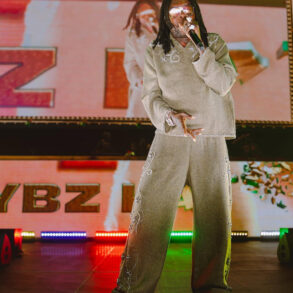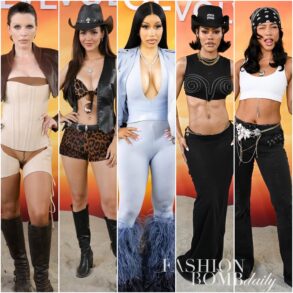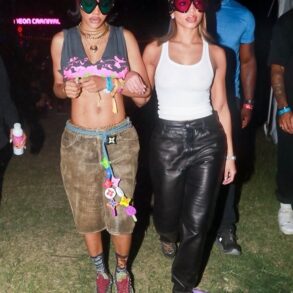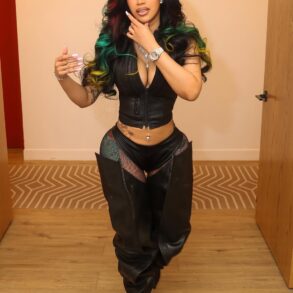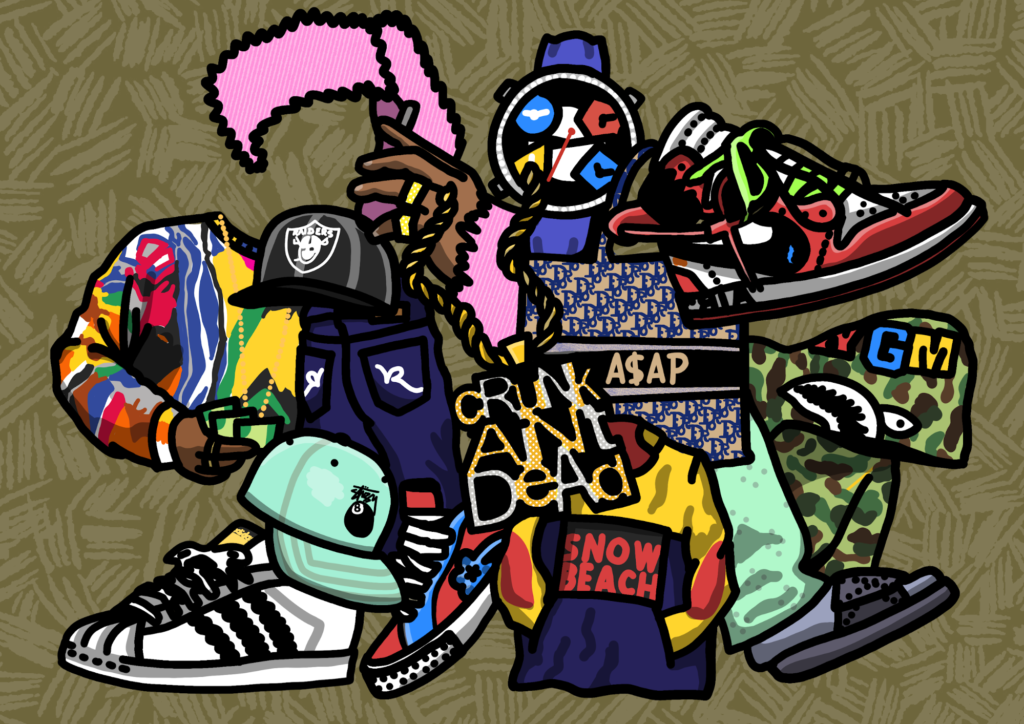
Music is the language that everyone around the world can speak no matter their age, background or racial makeup. Hip-hop is now celebrating its 50-year anniversary. The music genre has steadily evolved over the last half century, having a great impact on the African American community, but on a HBCU campus it means even more.
At Florida A&M, the influence of the hip-hop culture is hard to miss.
You can see the influences in the culture in everyday things, whether it be while everyone is gathered at Set Friday, going through your classmates’ social media profiles or even in the clothing and fashion statements that you see students make every day.
Christopher Hobbs, a senior business administration student at FAMU, talked about his encounters with hip-hop culture across campus.
“The culture is everywhere, so it’s really hard to miss. No matter if you’re walking across campus or going into a dorm, you’re bound to see some type of the influence from someone,” Hobbs said.
A staple event at FAMU is Set Friday, where students gather on the set with a live DJ to celebrate the end of the week.
Students put on their best outfits to showcase their style, but within that personal style are influences from the mainstream hip-hop culture.
DaCari Taylor, a recent FAMU graduate, gave insight on how the on-campus fashion scene is heavily influenced by big-name artists.
“Hip-hop culture is and has always been one of the main engines for fashion. Rappers like Lil Baby, ASAP Rocky and Kanye West all have a strong influence on the styles we see around campus today,” Taylor said. “You can even see the influence when going back in time to rappers like LL Cool J and Rakim.”
FAMU has seen the likes of T-Pain, K.Michelle and even Common thrive on campus and grace the community, all before flipping the switch on their successful music careers.
Those artists go against the grain of what some may think the most typical hip-hop career path should be. Many artists choose to focus on their craft and don’t end up pursuing higher education.
Though many artists may not attend college, artists still recognize the culture and fanbase that exists at HBCUs, prompting them to come back every year throughout the college homecoming season. Their return makes the homecoming concert the biggest on-campus event that displays the hip-hop culture during the school year.
Every year students await their elected Student Government Association officials to release the concert artist lineup, hoping that it is more star-studded when compared to the next HBCU’s lineup.
SGA Chief of Staff Jada Jenkins gave her perspective in choosing artists based on the desires of her peers.
“We try to book the best artists that students want to see,” Jenkins said. “We know hip-hop is prevalent throughout campus, so we almost have to include it.”
This post was originally published on this site be sure to check out more of their content.




